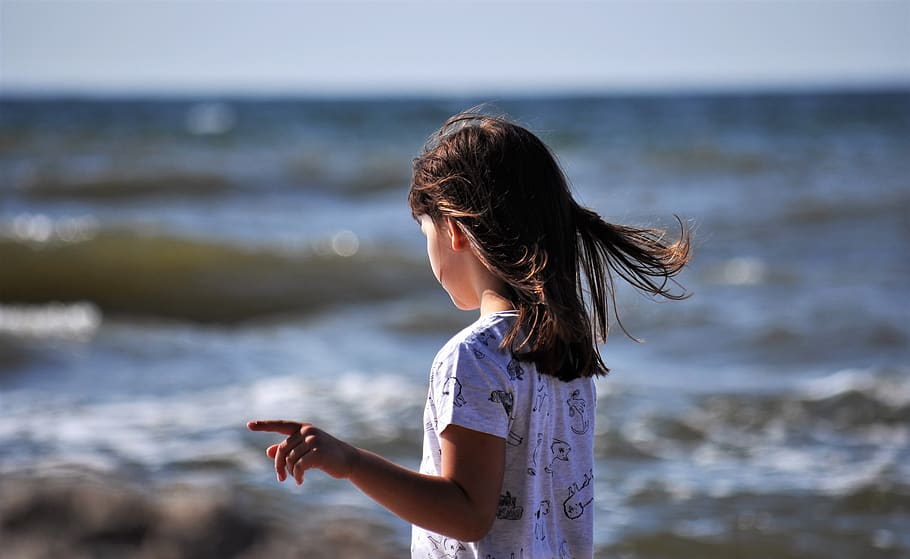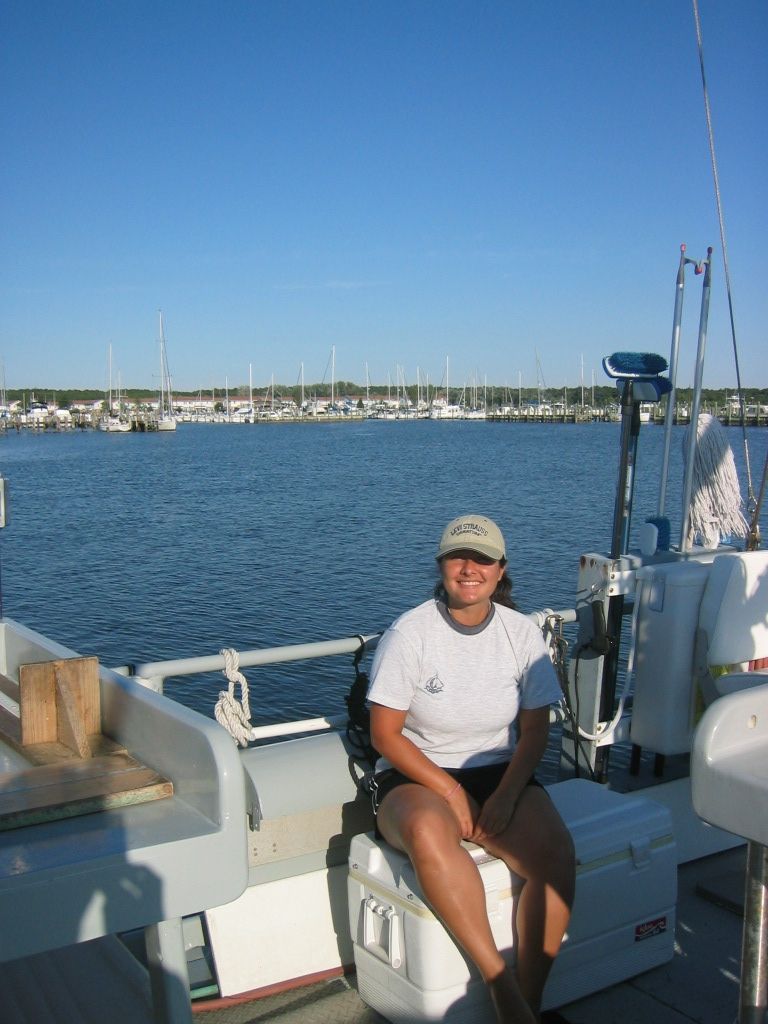22222222The connection between ocean conservation and gender equality
Empowering women and addressing gender disparities is key to protecting our oceans and securing a healthy planet for future generations. Women and girls bear the brunt of climate change, which in return amplifies gender inequalities and threatens their livelihoods, health, and safety.
By including gender equality in environmental policies, fostering inclusive decision-making processes, and recognizing the diverse contributions of women we can help ensure that new generations can continue to enjoy the oceans.

Empowering women and girls
Despite comprising half of the world’s population, women and girls are frequently excluded from discussions surrounding climate change. Gender equality is key in addressing the impacts of environmental and ocean conservation. When women are empowered with equal rights, access to resources, and opportunities for leadership, their voices and perspectives enrich decision-making processes, leading to more effective and sustainable conservation initiatives. By including diverse perspectives, we can address environmental challenges comprehensively and develop innovative solutions.
Sustainable livelihoods and resilience

If we want to talk about sustainable livelihoods and cleaner oceans, we need to talk about the intersectional approaches to tackle this global issue. Many coastal communities depend on the ocean to survive: fishing, aquaculture, and tourism are at the heart of many communities on or near the water. Gender equity in these sectors ensures that women have equal access to resources, training, and economic opportunities. When women are empowered economically, it contributes to poverty reduction, enhances community resilience, and promotes sustainable practices in ocean resource management.
Women are disproportionately affected by the impacts of climate-related events, which can leave them more vulnerable to loss of their homes, food insecurity, and even displacement. Promoting gender equality within climate change responses cam also enhance resilience, as it empowers women to cope with environmental disasters.
Education and decision making

Education plays a vital role in empowering women and fostering environmental consciousness. By providing access to quality education, we equip women and girls with the knowledge and skills necessary to understand environmental challenges and engage in efforts to protect the oceans. Additionally raising awareness about gender equality within the environmental movement ensures that the experiences and perspectives of women are recognized and valued, and it also promotes inclusive and diverse approaches to conservation.
Intersectional and gender-centered policies play a crucial role in promoting gender equity in ocean conservation. Integrating gender considerations into marine policies and management plans helps identify and address gender disparities, ensuring that the specific needs and concerns of women are considered and prioritized.